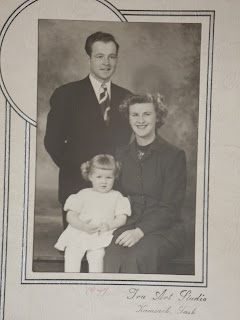What is it about sounds that seep into our soul? And, why is it that the sounds of night lodge most deeply and forever in our psyche?
Saskatchewan: The cramping solitude and loneliness of the Canadian prairies captured in the mournful tones of the train whistle—reverberations that carry for miles across the hard packed snow, sounds that haunt me still; that cause an ache in my heart for all the things lost. An ache that brings tears to my eyes all these years later.
Alberta: The squeal of crotch rockets roaring down the boulevard near our house—I shivered then and shiver again now as I cannot shake the image of bodies sprawled on the tarmac seeping blood onto the road and bikes, marooned some yards away, reclining on their sides, wheels spinning crazily, denying any connection to their riders.
Mali: The crowing of roosters—not just at dawn. Roosters crow whenever they damn well please and they please to crow all night long. Donkeys don’t sleep at night either. Instead, they bray on the other side of the mud brick wall sending us jumping a few feet into the air each time we hear the grating and drawn out love song of their heehaws. Heartbroken and heartbreaking commentaries on life.
Mexico: More roosters—these ones crowing day and night. And which clown thought it would be funny to set my cell ringtone to “rooster?” Add the whine and squeal of a semi’s brakes as the drivers realize they really should slow down for the red lights of the town. And, from time to time, the sound of metal crunching against metal followed by the wail of sirens.
British Columbia: The mournful tones of cruise ship and ferry fog horns and we’ve come full circle. Not trains, but once again, at night we hear, those drawn out echoes rolling over the water, sounds that render us vulnerable to bouts of loneliness and even despair.
Good or bad, sleep or no, could we live without the sounds that anchor us to our environment, to life?
www.darlenejonesauthor.com




























